On April 2, 2025, former U.S. President Donald Trump announced a 20% tariff on imports from the European Union (EU), which includes Spain. This move, framed under a «Declaration of Economic Independence,» aims to address trade imbalances and boost domestic manufacturing in the United States. However, these tariffs have sparked widespread reactions from both political and economic sectors worldwide.
What Are Tariffs?
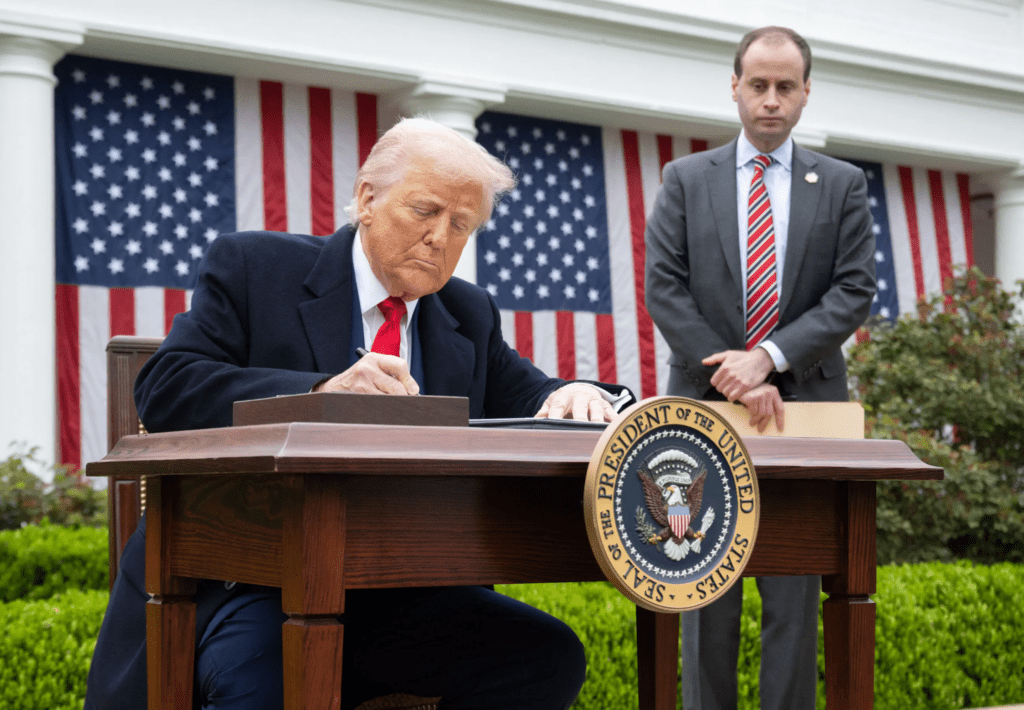
Tariffs are taxes imposed on imported goods, making them more expensive for domestic consumers. Governments use tariffs to protect local industries from foreign competition, generate revenue, or retaliate in trade disputes. While they can support domestic businesses, tariffs also tend to increase consumer prices and may lead to trade wars.
How Trump’s Tariff Plan Works
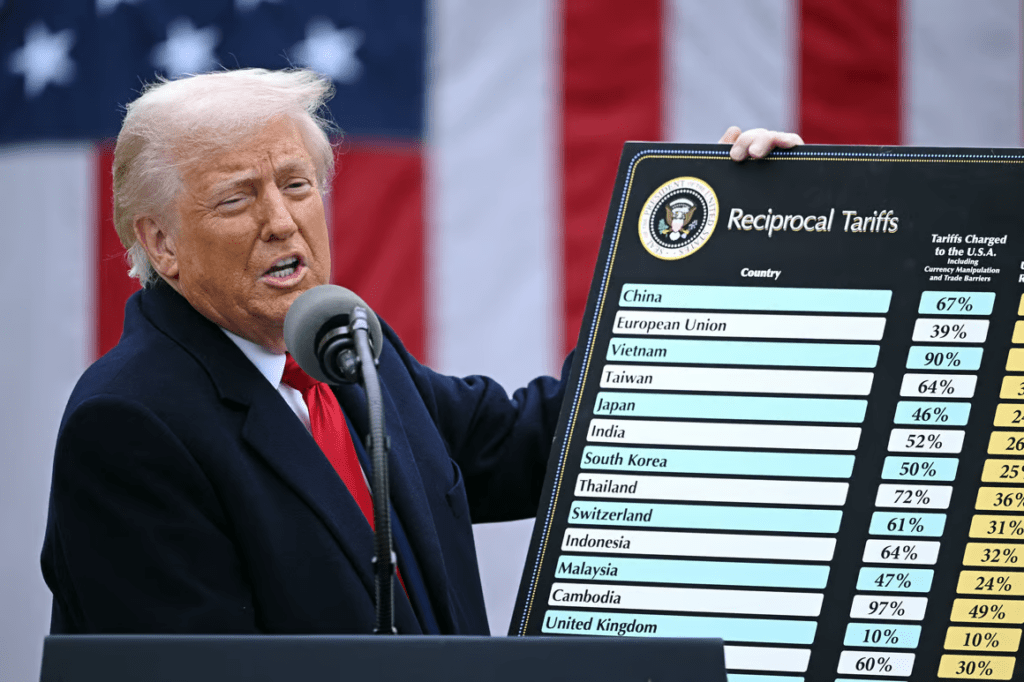
Under Trump’s latest tariff policy, a 20% tax is applied to all imported goods from the EU. This affects European manufacturers and exporters, who must either absorb the costs or pass them on to consumers. The tariffs are meant to encourage Americans to buy domestically made products by making imports more expensive. However, economists warn that these tariffs could backfire, leading to increased costs for American businesses relying on European goods and materials.
Who Pays the Tariffs?
While tariffs are levied on foreign imports, it is ultimately consumers and businesses in the importing country that bear the financial burden. In this case, American consumers and companies will likely face higher prices for goods sourced from the EU, including automobiles, food products, and industrial equipment. European exporters may also see a decline in sales due to the higher costs of their goods in the U.S. market.
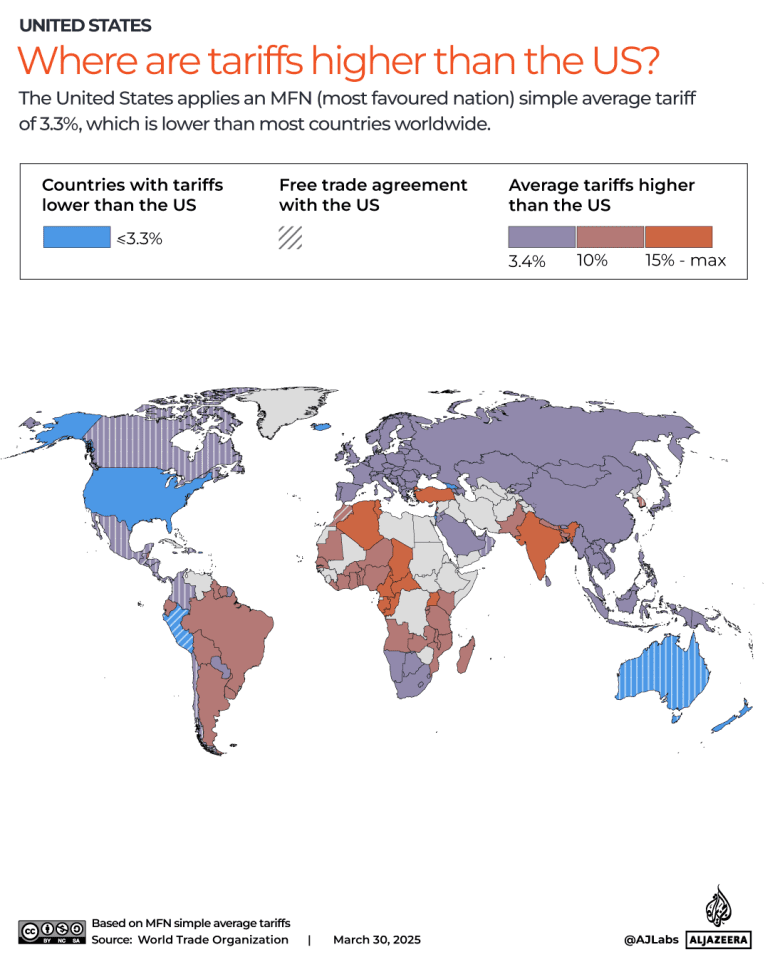
Effects on Prices and Jobs
The immediate impact of these tariffs will be felt in higher prices for imported goods, making everyday items more expensive for U.S. consumers. In sectors heavily dependent on European imports, such as the automotive and luxury goods industries, businesses may experience disruptions and higher production costs. While the tariffs are intended to create jobs in American manufacturing by encouraging domestic production, the counter-effects—such as retaliatory tariffs from the EU—could result in job losses in export-driven U.S. industries like agriculture and technology.
Spain’s Response to the Tariffs
In reaction to these tariffs, Spain has announced a €14.1 billion (approximately $15.7 billion) relief package to support affected businesses and consumers. Spanish officials are also working closely with the European Commission to explore potential countermeasures against the United States.
EU’s Response and Potential Trade War
European Commission President Ursula von der Leyen has strongly opposed the tariffs, warning that they could have severe global economic consequences. The EU is preparing to impose counter-tariffs on American goods, targeting key U.S. industries such as agriculture, technology, and manufacturing. This could escalate into a broader trade war, further straining economic relations between the two powers.
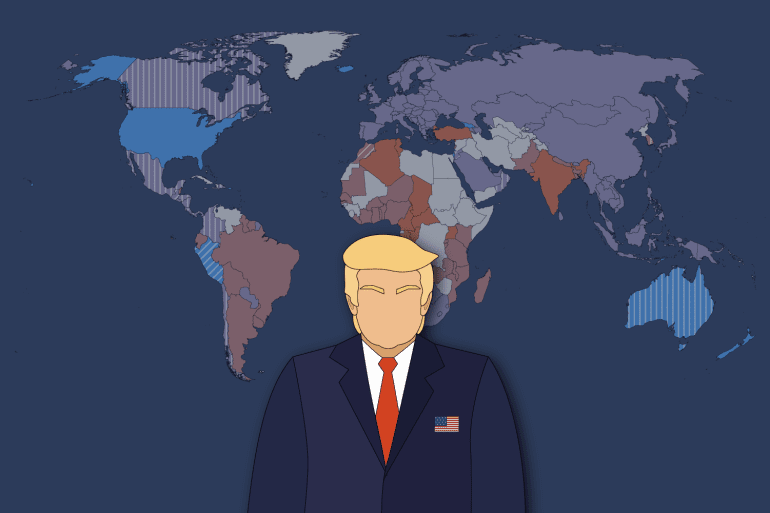
Following Trump’s announcement, the European Union issued a formal response:
«President Trump’s announcement of universal tariffs, including the EU, is a major blow to the world economy. All businesses – big and small – will suffer from day one. We are clear-eyed about the consequences and prepared to respond. As Europeans, we will always promote and defend our interests and values. We remain engaged towards reducing barriers – not raising them. Moving from confrontation to negotiation. Europe has everything it needs to make it through this storm. We will stand together and stand up for each other. Europe has the largest Single Market in the world – 450 million consumers – that is our safe harbour in tumultuous times. We will stand on the side of those directly impacted: our businesses, our workers, and all Europeans. Our unity is our strength.»
Global Financial Market Reactions
The announcement of Trump’s tariffs has led to significant turmoil in global financial markets. The following stock exchanges experienced notable reactions:
- New York Stock Exchange (NYSE) & NASDAQ: Major indices such as the S&P 500 and Dow Jones dropped sharply as investors reacted to fears of a trade war.
- London Stock Exchange (LSE): European stocks, particularly in the manufacturing and automotive sectors, saw a steep decline.
- Frankfurt Stock Exchange (DAX): Germany’s industrial-heavy index suffered losses as companies like BMW, Volkswagen, and Siemens faced potential setbacks from reduced U.S. exports.
- Madrid Stock Exchange (IBEX 35): Spanish stocks fell, particularly in sectors reliant on U.S. trade, such as agriculture and food exports.
- Asian Markets: The Nikkei 225 in Japan and the Shanghai Composite in China also reacted negatively, as uncertainty in global trade impacted investor sentiment.
Trump’s 20% tariffs on the EU, including Spain, have set the stage for a potential trade conflict that could impact businesses, consumers, and global markets. While intended to boost U.S. manufacturing, the tariffs also risk escalating into retaliatory actions from the EU, potentially harming both American and European economies. As markets continue to react, policymakers will need to navigate these tensions carefully to avoid further economic disruptions.


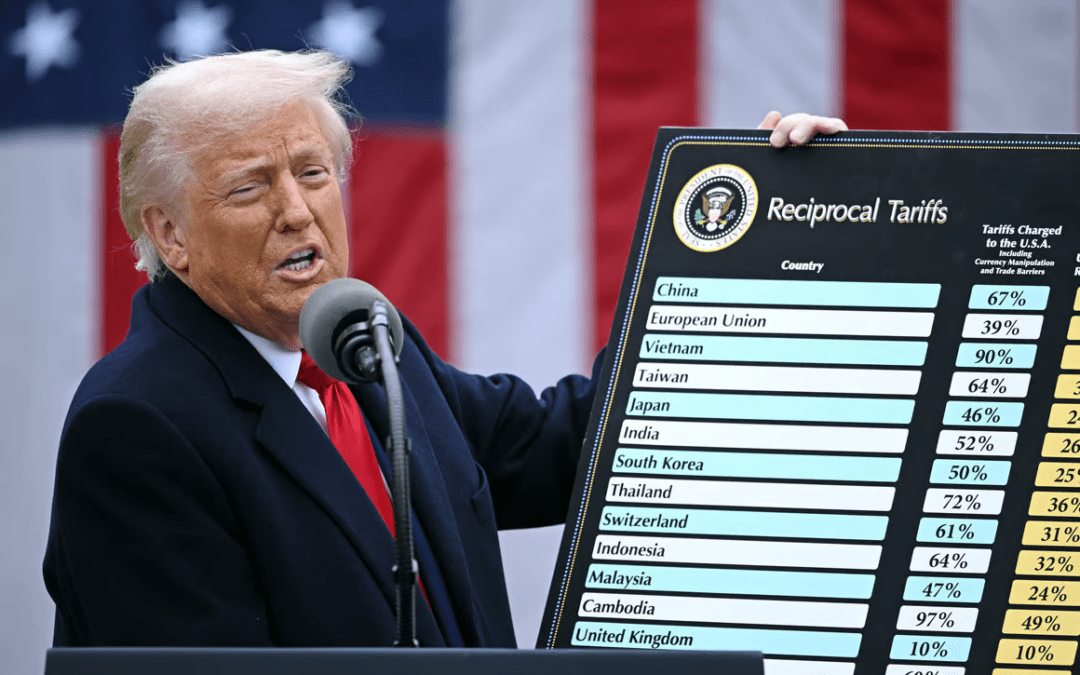
Comentarios recientes